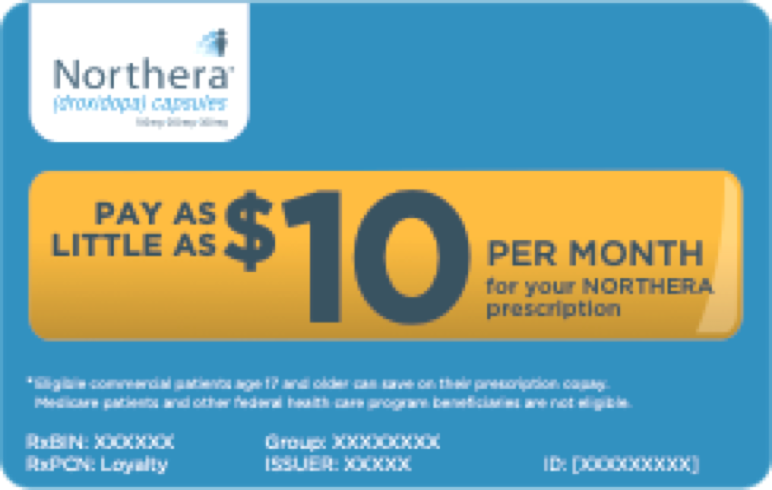
And patients are really reluctant to bring these issues up with the doctor themselves. Oncologists are focused on curing the disease or helping people manage their illness. “Money is a taboo subject which nobody wants to talk about. Finally, we'll discuss how such programs may be affected when Medicare Part D takes effect in January 2006. It will briefly outline the kinds of assistance offered by these programs, and ways that oncologists can help their patients keep available resources. Its goal is to help oncologists to guide patients who need financial support so that those patients can receive support in a timely fashion. This article will introduce the existing copayment foundations and how they work. These independent programs may replace manufacturer-sponsored patient assistance programs, which will face limits in how they may offer assistance to Part D beneficiaries. (Some of these agencies also have funds to help the uninsured.) These independent nonprofit agencies may also be called on to administer programs that will assist Medicare patients with copayments under Medicare Part D. Existing programs offer general copayment assistance grants and grants for other cancer-related expenses to patients who are struggling financially, even though they have insurance.

The implementation of Medicare Part D will have an impact on existing financial assistance programs that are run by independent nonprofit agencies.

Beneficiaries, with the assistance of family members, friends, and organizations serving seniors, are analyzing their own financial situation and utilization of prescription drugs to determine the best enrollment option. However, decisions about enrollment in Part D are highly individualized. By providing coverage for oral drugs, the benefit may provide important new coverage for cancer patients who are increasingly utilizing oral cancer therapies and continue to benefit from supportive care drugs that are generally oral medications. The Part D benefit has been described as the most substantial change in Medicare since the program began 40 years ago. Oncologists and their patients are facing a number of significant changes in health insurance coverage and in private financial assistance programs, primarily resulting from the implementation of the Medicare Part D prescription drug program.


 0 kommentar(er)
0 kommentar(er)
